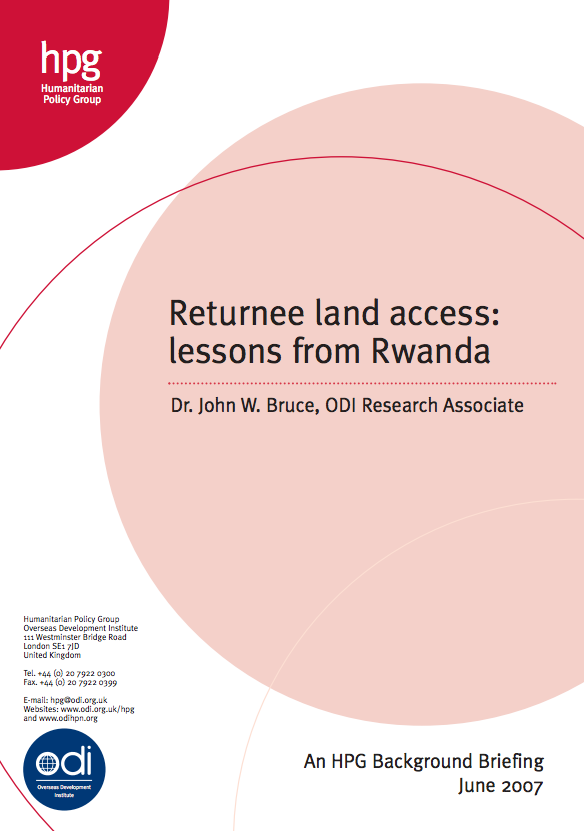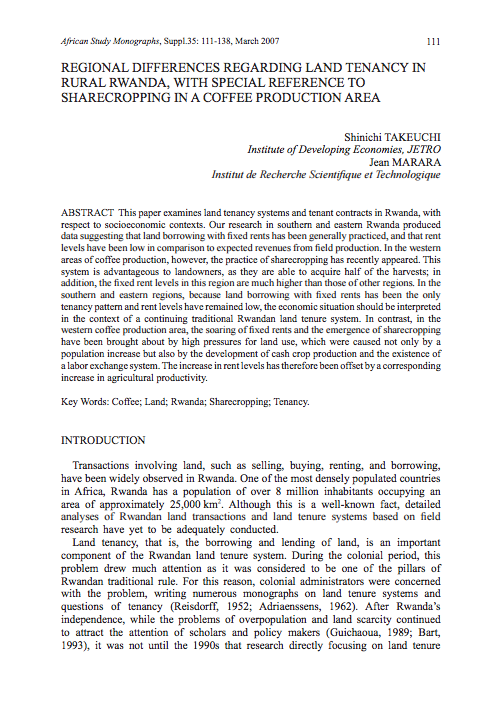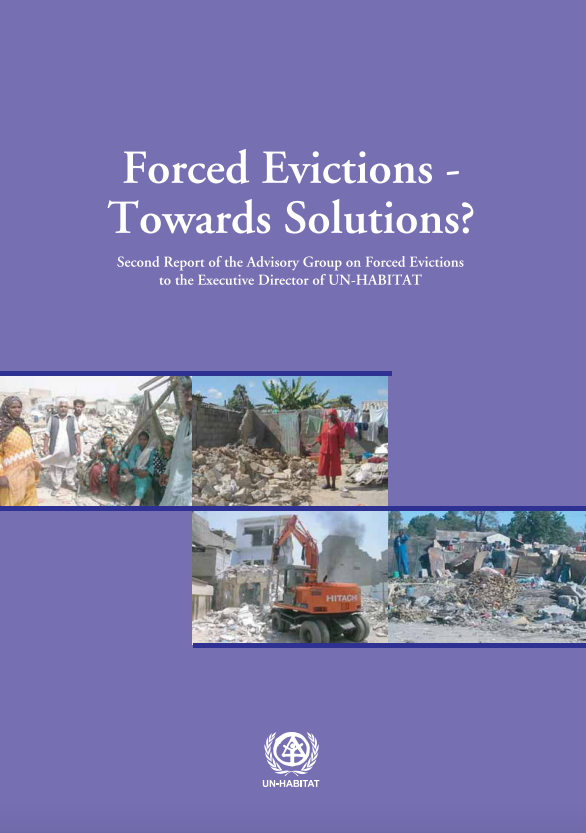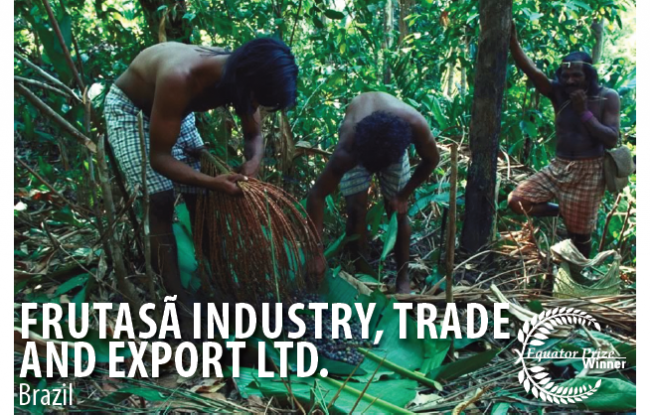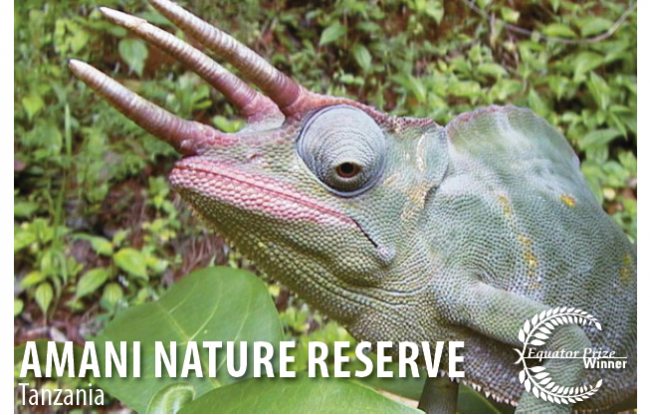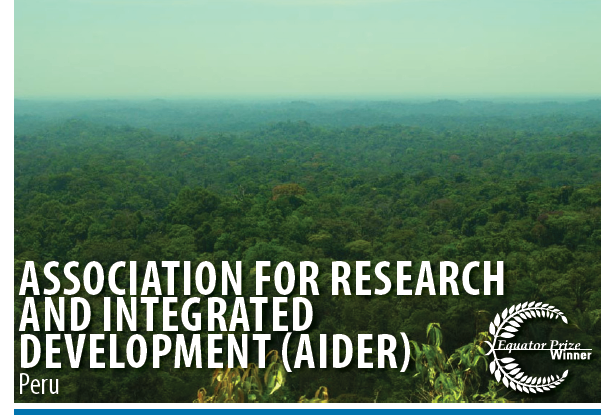Returnees Land Access: Lessons from Rwanda
This background briefing reports on a study of land access
for returnees in Rwanda, and the impacts of land access
policies in the post-conflict period. It also seeks to
understand better the roles international humanitarian
agencies and NGOs have played, and how their performance
can be improved. It is not suggested that Rwanda is typical,
but rather that the centrality of land issues there has thrown
up a revealing set of broader questions.

